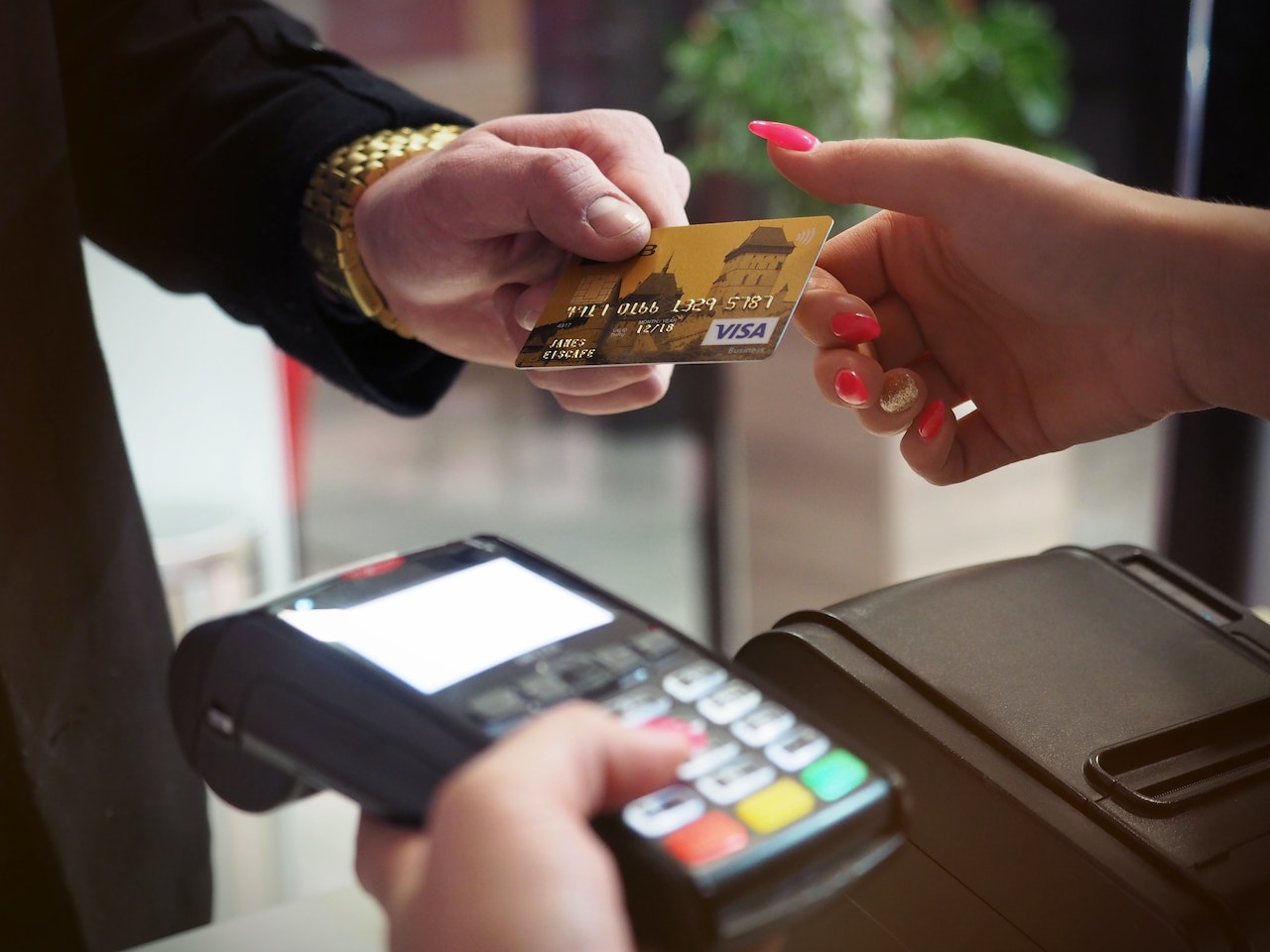Recent data released by Bank of America (BofA) indicates a 0.3% decline in spending on the bank’s credit cards for the week ending September 23, in contrast to the corresponding period last year. This trend of diminishing spending has persisted over the past few weeks, with even more pronounced reductions when excluding purchases related to automobiles and fuel.
In a research note published on Thursday, BofA’s US and global economist, Shruti Mishra, remarked, “After a robust summer, spending seems to have tapered off post Labor Day.”
Mishra’s team further expounded, stating, “Excluding expenditures on fuel and electronics, a majority of other categories have experienced deceleration in the past month, particularly in discretionary sectors like furniture.”
The recent surge in gas prices is believed to have contributed to the uptick in fuel-related spending. Additionally, the launch of the Apple iPhone 15 on September 22 coincided with a notable surge in online electronic purchases, marking the highest levels observed in approximately two weeks.
This sluggish performance in Bank of America’s spending data follows an extended period of unexpectedly strong consumer data, which propelled the economy to a faster growth rate than initially projected. Federal Reserve chair Jerome Powell has cited this as a pivotal factor, alongside inflation, which could potentially lead to another interest rate hike by the Fed.
However, many economists contend that consumers are now exhibiting signs of restraint, foreshadowing an impending slowdown. Other data released on Thursday suggests that this deceleration may be more pronounced than initially anticipated. Notably, personal consumption growth for the second quarter was revised downward from 1.7% to 0.8%.
Michael Pearce, lead US economist at Oxford Economics, pointed out that this downward revision indicates that the consumer base “may be less resilient than previously imagined.”
“In the coming months, we anticipate a weakening labor market and increasing financial pressures on disposable incomes to lead to a more pronounced slowdown in both consumption and the broader economy,” Pearce noted in his research findings on Thursday.
Concurrently, Greg Daco, Chief Economist at EY, outlined the multiple challenges looming over consumers as a “quadruple threat.”
Economists warn that an impending government shutdown and the ongoing United Auto Workers strike could negatively impact economic growth. Furthermore, the surge in oil prices and the resumption of student loan payments are projected to place additional constraints on spending.
Nevertheless, Daco acknowledged the present robustness of the labor market, characterized by the highest labor force participation rates since the onset of the pandemic. This factor could serve as a mitigating force against the anticipated consumer slowdown.
“Consumers continue to display a willingness to spend,” Daco affirmed. “However, they are now approaching their spending decisions with greater caution… As long as labor market conditions do not experience a sudden deterioration, the slowdown should remain manageable. Yet, an unexpectedly rapid contraction in the labor market could yield dire consequences.”
In conclusion, the recent downturn in spending on BofA credit cards underscores a shifting economic landscape, prompting analysts to closely monitor consumer behavior and its potential impact on the broader financial market.
Source: Yahoo Finance



